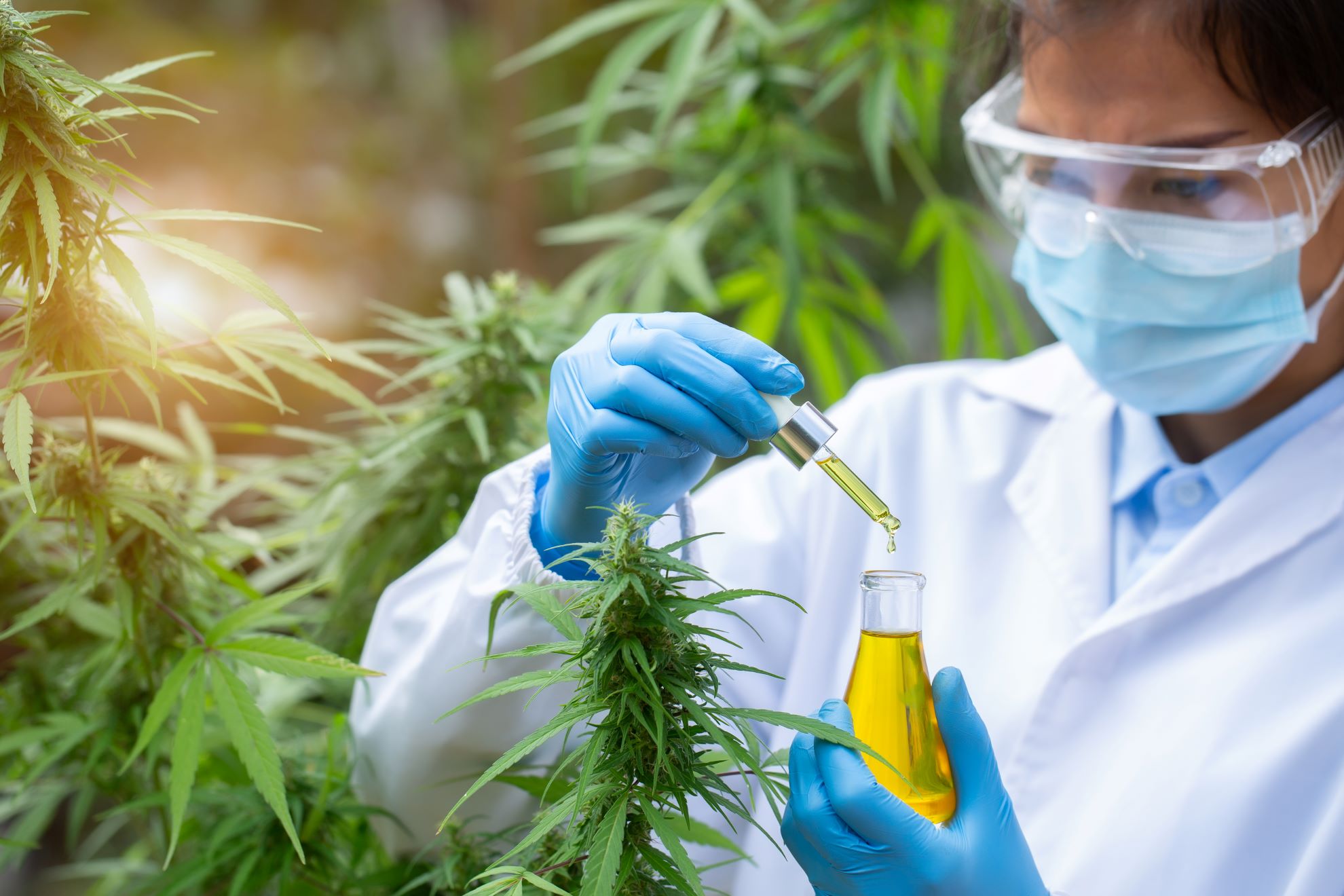How to Get a Medical Marijuana Card Near Me: A Comprehensive Overview
How to Get a Medical Marijuana Card Near Me: A Comprehensive Overview
Blog Article
The Healing Power of Medical Marijuana: a Deep Study Its Prospective to Treat Various Disorders
In recent years, the discussion around the therapeutic capacity of medical marijuana has gotten significant grip within the medical neighborhood. The evolving landscape of medical marijuana provides a complex tapestry of prospective advantages that warrant a closer examination, losing light on a realm of treatment possibilities that continue to intrigue professionals and individuals alike.
Therapeutic Advantages of Medical Cannabis
In the realm of modern-day medication, the healing advantages of medical cannabis have become a promising opportunity for dealing with numerous wellness problems. The energetic compounds in cannabis, referred to as cannabinoids, connect with the body's endocannabinoid system to produce a variety of effects that can be beneficial for clients. One of one of the most popular cannabinoids is cannabidiol (CBD), which has actually gained interest for its prospective anti-inflammatory, analgesic, and anxiolytic residential or commercial properties without the psychoactive impacts frequently connected with tetrahydrocannabinol (THC)
Clinical cannabis has shown certain guarantee in reducing chronic pain, spasticity related to several sclerosis, queasiness and vomiting in chemotherapy clients, and signs of specific neurological conditions like epilepsy. Study is additionally exploring its capacity in handling psychological health and wellness problems such as anxiety, depression, and trauma. In addition, clinical marijuana is being checked out for its anti-inflammatory residential properties, which might have effects for conditions like arthritis and inflammatory bowel disease.
Alleviating Persistent Pain With Marijuana
Having actually demonstrated efficiency in addressing a range of health and wellness problems, clinical marijuana especially radiates in its ability to offer relief for individuals coming to grips with chronic discomfort. Persistent discomfort, characterized by its determination and debilitating nature, affects millions worldwide, commonly considerably influencing top quality of life. Conventional discomfort monitoring strategies, such as opioids, may come with negative side results and the danger of dependence, driving lots of clients to seek alternative services.
Medical cannabis has emerged as an appealing option for persistent discomfort monitoring due to its analgesic residential or commercial properties. Researches have actually revealed that medical cannabis can effectively reduce persistent pain associated with problems like joint inflammation, fibromyalgia, numerous sclerosis, and neuropathy.

Taking Care Of Anxiety and Anxiety
Medical cannabis provides a practical choice for people seeking relief from anxiousness and stress due to its potential soothing impacts on the body and mind. By possibly influencing the release of neurotransmitters and regulating tension feedback, medical marijuana reveals guarantee in giving a natural option for taking care of these conditions.
Moreover, unlike traditional anti-anxiety medicines that may feature unwanted negative effects or threat of dependency, medical cannabis uses a potentially safer choice for people looking to minimize anxiousness and stress. Nevertheless, it is vital for people considering medical cannabis for these functions to seek advice from a doctor experienced concerning clinical marijuana to make certain effective and risk-free usage.
Marijuana for Neurological Problems
Research study has actually shown appealing capacity in utilizing marijuana for handling neurological disorders. Neurological problems include a series of problems impacting the brain, back cord, and nerves, such as east albany medical center epilepsy, numerous sclerosis, Parkinson's illness, and Alzheimer's disease. Marijuana, with its active substances like THC and CBD, has shown neuroprotective, anti-inflammatory, and antioxidant residential or commercial properties that can benefit people with these conditions.

While even more scientific tests are needed to totally recognize the efficacy and safety of marijuana for neurological conditions, preliminary findings are encouraging and warrant more investigation into the therapeutic capacity of this plant for boosting the lives of those impacted by such problems. - Medical Marijuana Card Clinton MS
Possible of Marijuana in Cancer Cells Treatment
The expanding horizon of medical cannabis applications encompasses the potential of leveraging its residential or commercial properties in cancer treatment, offering a new avenue of expedition in harnessing the healing advantages of this plant for resolving complex health and wellness difficulties. Marijuana reveals assurance in cancer cells therapy as a result of its potential to reduce signs and symptoms associated to the illness and its treatment, such as pain, nausea, and anorexia nervosa. In addition, cannabinoids, the energetic compounds in marijuana, have actually shown anti-tumor effects in preclinical research studies, revealing their possibility in inhibiting the development of cancer cells.
Furthermore, marijuana might aid in taking care of why not find out more the adverse effects of traditional cancer cells treatments like radiation treatment, possibly enhancing patients' lifestyle during therapy. While more study is required to totally understand the devices behind cannabis's prospective anti-cancer buildings and its efficiency in various types of cancers cells, the preliminary findings recommend that medical marijuana might play a beneficial duty in the future of cancer cells treatment. As the expedition of marijuana in oncology proceeds, it holds promise as a complementary strategy to conventional cancer therapies, offering patients a well-tolerated and potentially reliable alternative in their therapy regimens.
Verdict
In conclusion, medical marijuana has revealed encouraging capacity in dealing with a range of conditions, including persistent discomfort, anxiety, tension, neurological disorders, and cancer cells. Its therapeutic benefits have been significantly recognized by the medical community, with continuous study highlighting its performance in taking care of these problems. As even more researches are carried out, clinical marijuana might become an important therapy alternative for individuals struggling with these incapacitating ailments.
In recent years, the discussion around the therapeutic capacity of clinical cannabis has acquired significant grip within the clinical neighborhood. visit here The evolving landscape of clinical cannabis offers an intricate tapestry of possible advantages that warrant a closer evaluation, dropping light on a realm of therapy opportunities that continue to intrigue professionals and people alike.

Report this page